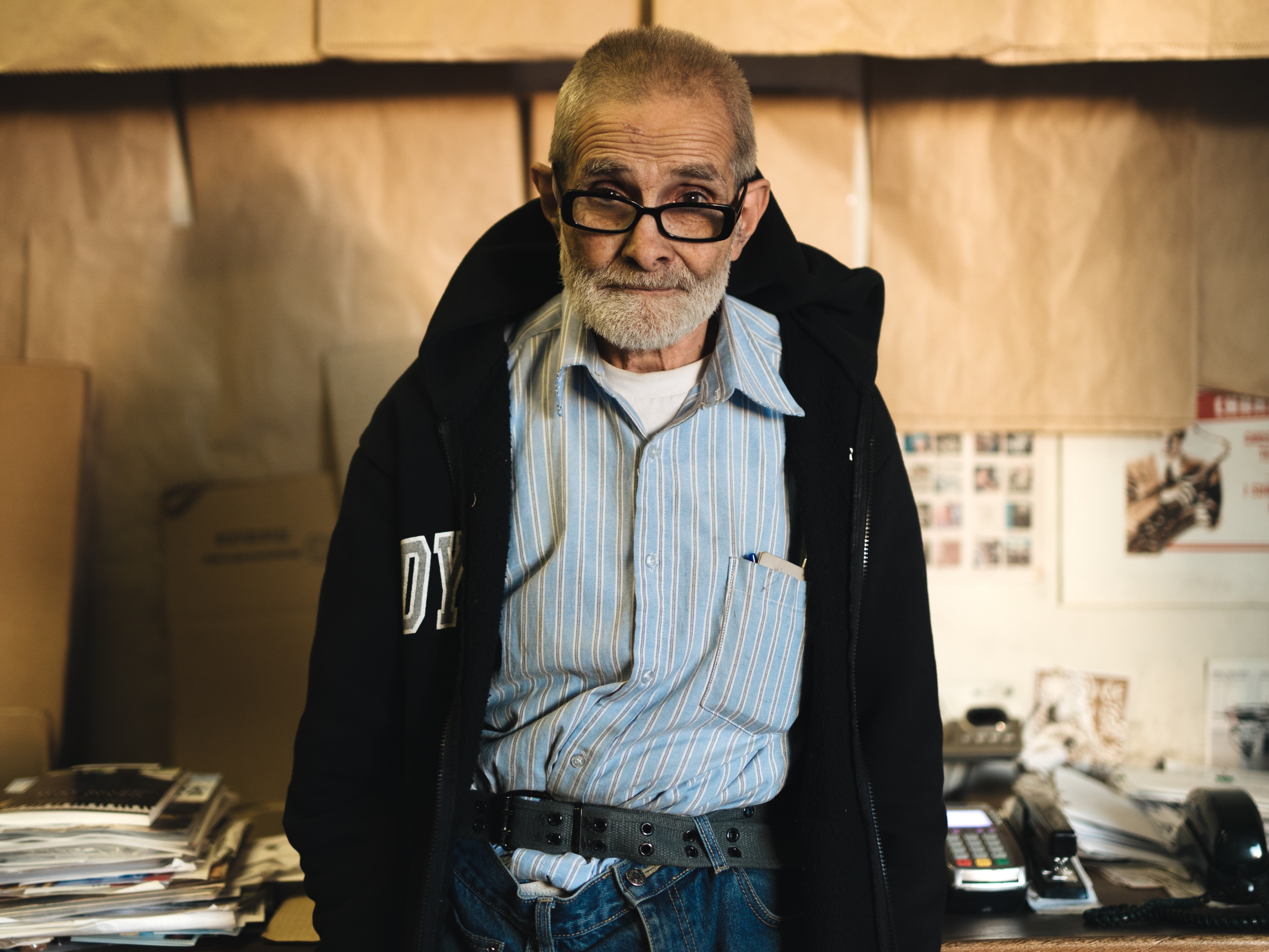Ageing labour migrants from the 1960ies at risk of marginalisation in European welfare states

Ursula Trummer, from the Center for Health and Migration Vienna stresses the vulnerability of migrant workers who arrived from Turkey, Italy, Spain and Portugal to work in Central and Western Europe in the 1960s and that are now getting old.
Booming European post-war economies in the 1960ies relied on migrant workers from countries like Turkey, Italy, Spain, Portugal, (at that time) Yugoslavia coming to e.g. Germany, Austria, Switzerland, Luxembourg. In Austria, with an overall population of 8.5 millions, today about 76.000 former guest workers are in the age of 65+ (01.01.2017), and about 135.000 are 50-64 years of age. NGOs working with vulnerable migrants point out the specific vulnerability of these guest workers who are now growing old and characterise them as being at risk of getting depressed and living in precarious conditions. A considerable share, although fully integrated in terms of legal entitlements, seems to be living at the margin of society.
A review of studies for Austria revealed that evidence on the topic is rather limited, and existing studies indicate that ageing in the immigration society can be precarious with a certain share of immigrants who sticked to their dreams to return after retirement but could not realise this dream.
Watch the talk by Ursula Trummer where she explains how ageism is experienced by migrant workers in Austria.
To learn more about this topic you may read the chapter by Dolberg, and refer to the Center for Health and Migration: http://c-hm.com/
Read also:
Our thematic page on ageism and migration
Our thematic page on ageism and race
—
Ursula Trummer is a Sociologist and Political Scientist working on Migration and Health, Ethics and Economics, and Social Inequality. She is Head of the Center for Health and Migration, Vienna (www.c-hm.com) and works as independent expert for the European Commission, the UN International Organisation for Migration, and the European Agency for Fundamental Rights.


Facebook Comments